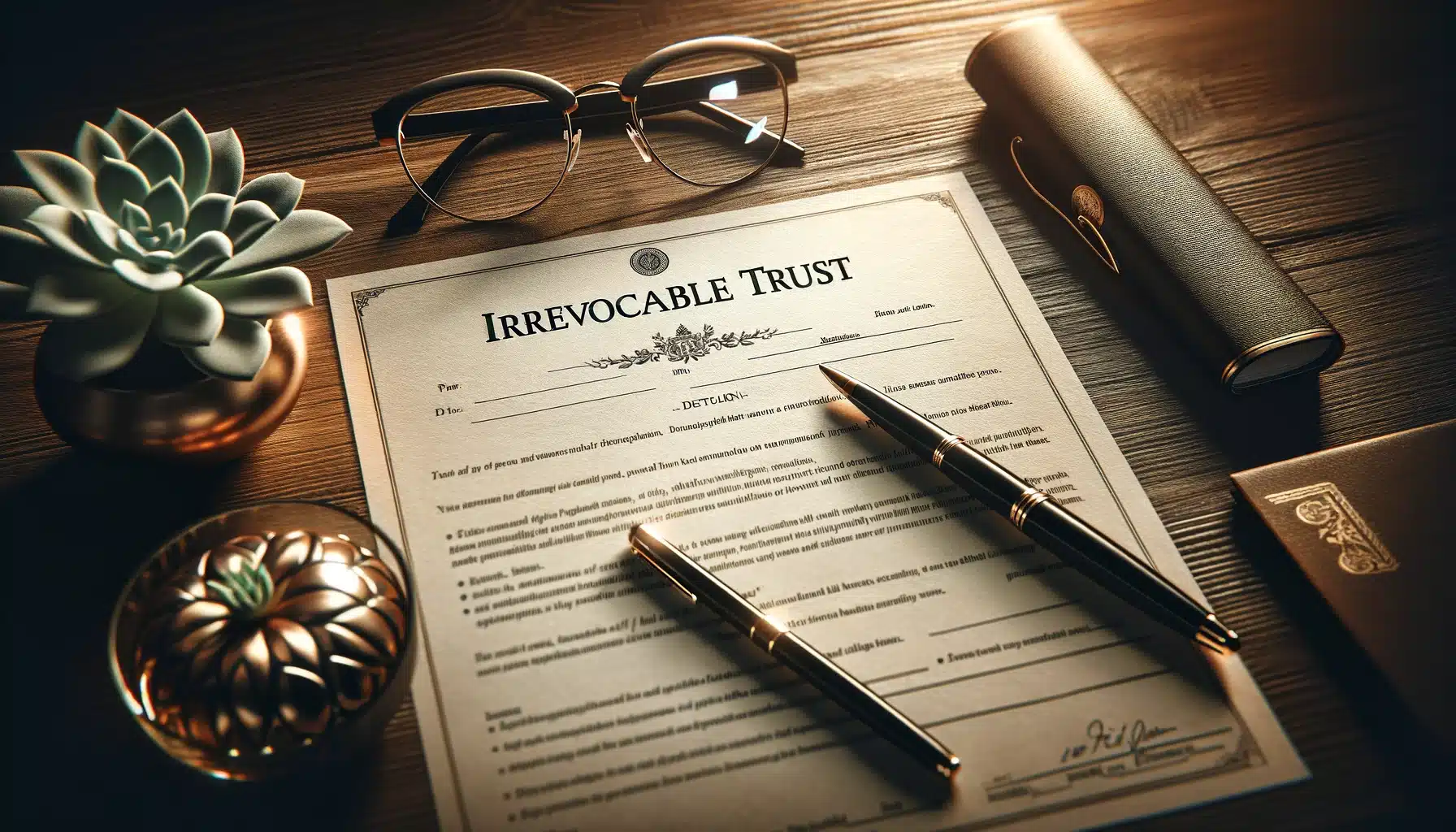
Can an Irrevocable Trust Get a Reverse Mortgage? A Detailed Guide
Reverse mortgages provide seniors with a way to convert home equity into cash without selling their home. However, when the property is held in an irrevocable trust, the eligibility and process for securing a reverse mortgage can become complex. This guide explores whether an irrevocable trust can obtain a reverse mortgage and the considerations involved.
Verify my mortgage eligibility (Mar 4th, 2026)Understanding Irrevocable Trusts

An irrevocable trust is a legal entity where the grantor transfers assets into the trust, relinquishing ownership and control. The trust is managed by a trustee, who oversees the assets on behalf of the beneficiaries. This arrangement is often used for estate planning, asset protection, and tax minimization.
Verify my reverse mortgage eligibility!
Key Points for Reverse Mortgages and Irrevocable Trusts

1. Eligibility and Control:
- Ownership Requirements: To qualify for a reverse mortgage, the borrower must have clear title to the property and control over it. Since an irrevocable trust typically removes the grantor's control over the property, this can complicate eligibility.
- Trust Provisions: The trust document must allow for the property to be mortgaged. If it does not, it may be necessary to amend the trust with the consent of all beneficiaries and potentially a court order.
2. Lender Considerations:
- Bank Policies: Not all lenders offer reverse mortgages on properties held in irrevocable trusts. Those that do will require a thorough review of the trust document to ensure it meets their underwriting criteria.
- Trust Document Review: Lenders need to verify that the trust allows the trustee to borrow against the property and that all beneficiaries consent to the transaction.
3. Medicaid and Asset Protection:
Verify my mortgage eligibility (Mar 4th, 2026)- Impact on Medicaid: Irrevocable trusts are often used in Medicaid planning. Introducing a reverse mortgage can affect the trust's status and potentially impact Medicaid eligibility and benefits.
- Loan Proceeds and Asset Limits: Proceeds from a reverse mortgage can become countable assets once deposited in an account, potentially affecting Medicaid eligibility. Proper management of these funds is crucial.
4. Practical Steps:
- Consult Legal and Financial Advisors: It is essential to work with professionals experienced in trust and reverse mortgage matters to handle all aspects correctly.
- Review and Amend the Trust: If the trust does not currently allow for borrowing against the property, consider amending it with the help of an attorney. This may involve obtaining consent from all beneficiaries and possibly court approval.
Verify my reverse mortgage eligibility!
Alternative Solutions
If obtaining a reverse mortgage on a property in an irrevocable trust proves too challenging, other options might be considered:
- Transfer Property Out of the Trust: Transferring the property out of the trust to the individual's name might qualify it for a reverse mortgage. This step requires careful consideration of legal and tax implications.
- Explore Different Financial Products: Consider other financial solutions, such as traditional loans or Home Equity Lines of Credit (HELOCs), which might be more accessible without affecting the trust's status.
Securing a reverse mortgage on a property held in an irrevocable trust is possible but involves navigating complex legal and financial hurdles. Proper planning and consultation with experienced professionals are essential. At Opulence Home Equity, we specialize in helping clients understand and manage these complexities to achieve their financial goals. Contact us today to explore your options and learn more about how we can assist you with reverse mortgages and trusts.
